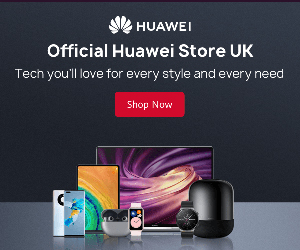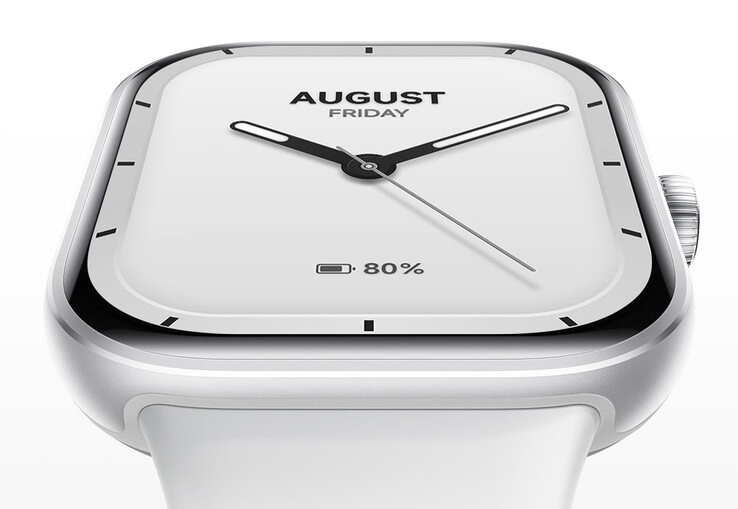
Huawei overtook Fitbit as the world’s largest fitnessband vendor
Who has the best fitness band? New research from Strategy Analytics WDE (Wearables) service shows Huawei overtook Fitbit for the first time ever to become the world’s 2nd largest fitnessband vendor in the third quarter of 2019.
Chinese brands with low prices now dominate the high-growth, wrist-worn fitnessband segment.
Huawei fitness band: No 1 best fitness band
Global fitness band shipments jumped +60% YoY in Q3 2019. Xiaomi boosted the entire category again this quarter, due to its low-cost Mi Band 4. Fitbit lost ground and was overtaken by Huawei for the first time ever. Samsung is also closing in on Fitbit and the vendor is coming under fierce pressure.
Fitbit, Inc. announced earlier this month that it has entered into a definitive agreement to be acquired by Google LLC for $7.35 per share in cash, valuing the company at a fully diluted equity value of approximately $2.1 billion. The transaction is expected to close in 2020, subject to customary closing conditions, including approval by Fitbit’s stockholders and regulatory approvals.
Shipments of wearable devices in Europe grew 154.4% year over year to 13.4 million units in the second quarter of 2019, according to data from IDC.
The top 5 countries in the region in 2Q19 were the United Kingdom, France, Germany, Russia, and Italy, with Russia growing at a faster pace year over year than the Western countries. The Eastern European region grew at 215.9% while Western Europe grew 144.9% from 2Q18. Western Europe still represented up of 80% of shipments in the region.
IDC expects the European wearables market to reach 72.8 million units in 2020, with earwear accounting for most of the units shipped (50%) followed by watches (33%). Total market value in 2020 is expected to reach $14 billion in Europe. best fitness
band
Chinese Brands Dominate the wearable market as Fitbit Struggles
This shift in the wearables market is indicative of a broader trend toward the democratization of technology. As Chinese brands continue to offer high-quality devices at affordable prices, fitness trackers are becoming more accessible to a wider range of consumers. This has not only accelerated the growth of the market but also intensified the competition among established players like Fitbit.
The acquisition of Fitbit by Google further underscores the strategic importance of the wearables segment in the tech landscape. As these devices become increasingly integrated with other digital platforms and services, they offer a wealth of data and opportunities for innovation. The future of wearables is likely to be shaped by the interplay of technology, health, and lifestyle, with continuous advancements in features, functionality, and user experience.










